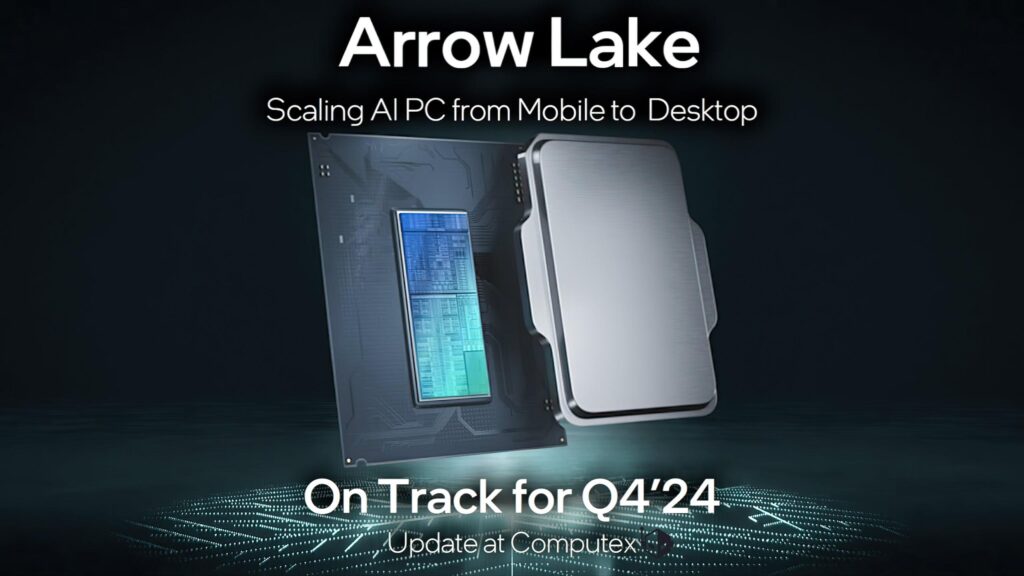In the high-stakes world of semiconductor engineering, Intel is ready to turn heads with its latest technological leap. The 18A node isn’t just another incremental upgrade—it’s a bold statement of performance potential that promises to rewrite the narrative of chip manufacturing. Promising a substantial 25% speed boost over its predecessor, the Intel 3 node, this development signals a critical moment in the company’s strategic roadmap to regain technological leadership in the competitive semiconductor landscape. In the cutthroat world of semiconductor manufacturing, Intel is making bold claims that could reshape the competitive landscape. The company’s latest technological breakthrough, the 18A node, promises to deliver a significant performance leap that could challenge industry standards and reignite Intel’s technological prowess.
By achieving a 25% performance improvement over its predecessor, the Intel 3 node, the 18A represents more than just incremental progress. This advancement signals a strategic shift in the company’s approach to chip design and manufacturing capabilities. Engineers have meticulously optimized every aspect of the node’s architecture, pushing the boundaries of what’s possible in transistor technology.
The performance gains aren’t merely theoretical numbers. They translate into tangible benefits across computing environments, from data centers to consumer electronics. Enhanced transistor density and improved power efficiency mean devices can perform more complex computational tasks while consuming less energy—a critical consideration in an increasingly power-conscious technological ecosystem.
What sets the 18A node apart is its sophisticated engineering approach. Utilizing advanced extreme ultraviolet (EUV) lithography and innovative manufacturing techniques, Intel has demonstrated its ability to overcome significant technical challenges. The node represents a culmination of years of research and development, showcasing the company’s commitment to technological innovation.
Competitive dynamics in the semiconductor industry are fiercely contested, with companies like TSMC and Samsung constantly pushing technological boundaries. Intel’s 25% performance improvement isn’t just a technical achievement; it’s a strategic statement of intent. The company is signaling its determination to reclaim technological leadership in a market that has seen significant competitive pressures.
The implications extend beyond raw performance metrics. Improved chip efficiency means potential advancements in artificial intelligence, machine learning, and high-performance computing. Every percentage point of performance improvement can translate into significant computational advantages across various technological domains.
Industry experts are closely analyzing these developments, recognizing that the 18A node could represent a pivotal moment in semiconductor manufacturing. The performance leap suggests Intel is not just catching up but possibly leapfrogging competitors in critical technological domains.
While the full impact of the 18A node will become clearer as it moves from laboratory testing to real-world applications, the early indicators are promising. Intel’s bold claims are backed by substantial engineering expertise, suggesting this is more than marketing rhetoric.
As the technological landscape continues to evolve rapidly, innovations like the 18A node remind us that the semiconductor industry remains a hotbed of continuous technological transformation, where incremental improvements can lead to paradigm-shifting advancements.







